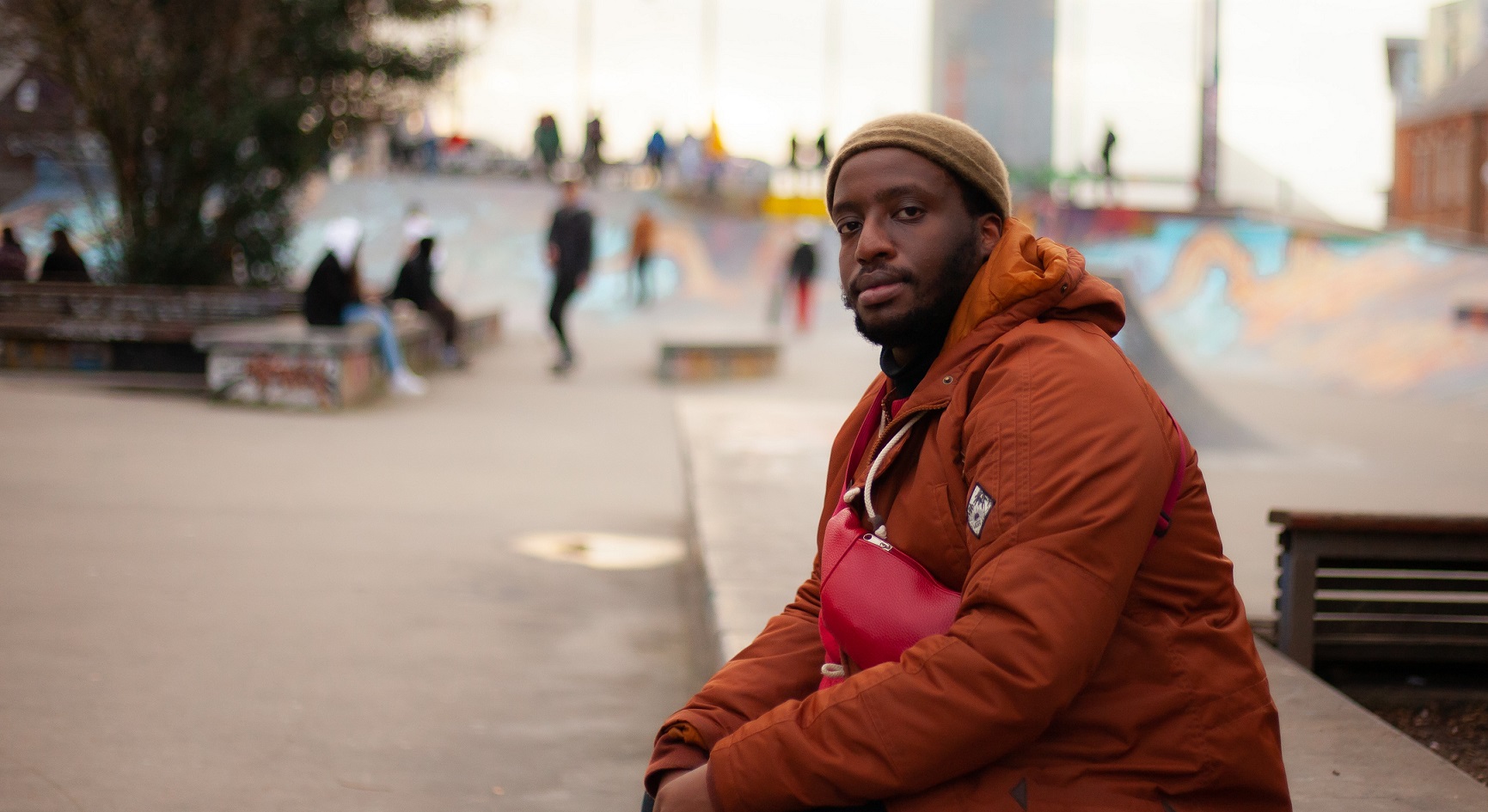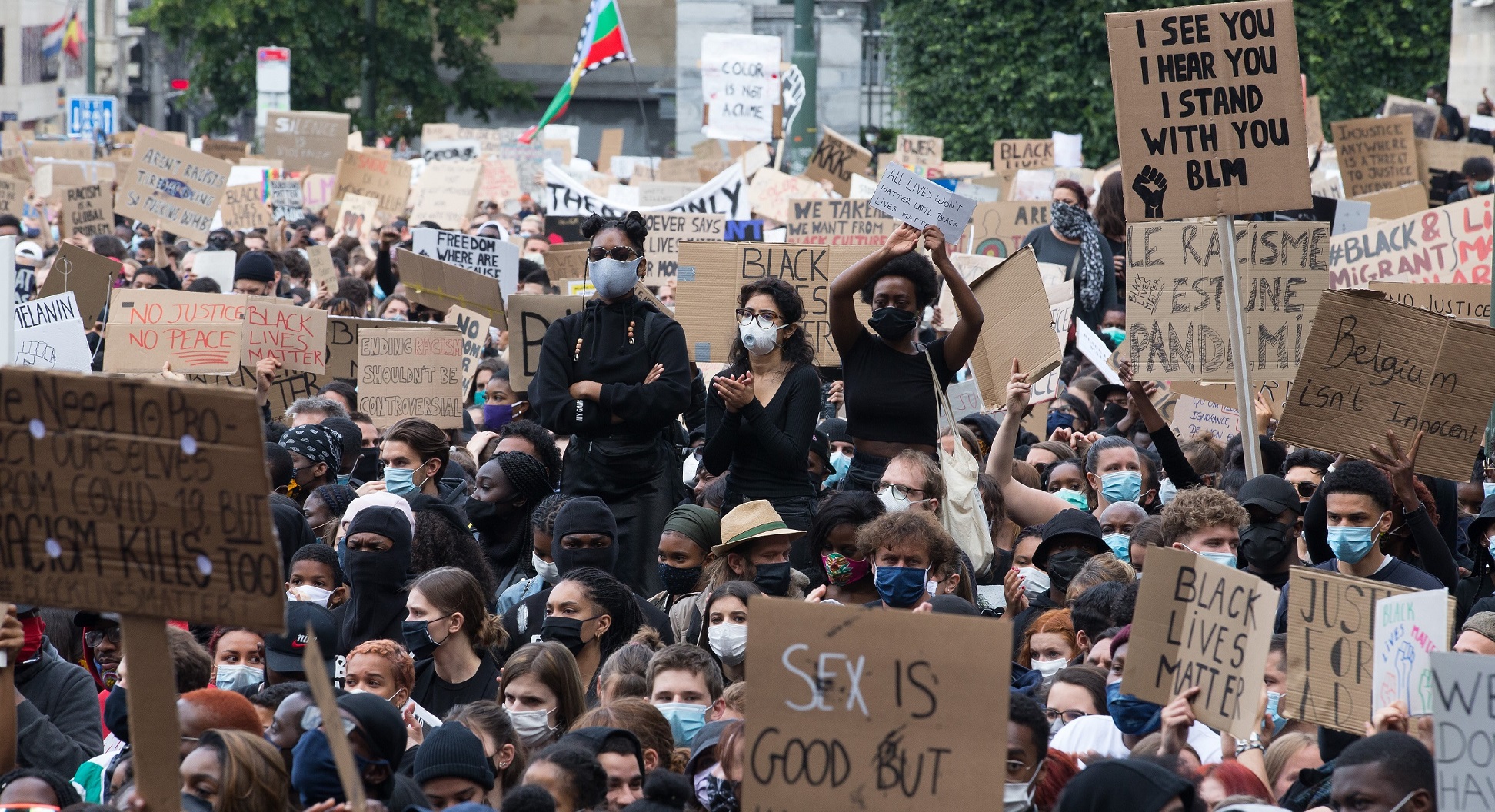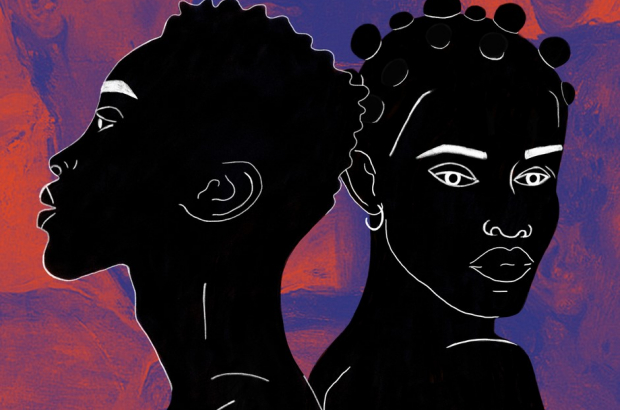- Daily & Weekly newsletters
- Buy & download The Bulletin
- Comment on our articles
What is Black History Month and is it for everyone?
It’s Black History Month in Belgium, with the whole of March dedicated to black history, culture and community. It’s the fourth edition of the event, which takes place fully online this year through the work of chapters spread throughout the country.
There are many aspects to be discussed, debated and celebrated, and one of the biggest is simple recognition. “Black people have been in Belgium for decades, and we have contributed to the cultural creation and social discourse that makes this country what it is,” says Eric Cyuzuzo, one of the programmers. “This is something people don’t know about and have a lot of misconceptions about. So we thought it was good to celebrate achievements but also the things that we experience and that we go through.”
While many countries have a Black History Month, they are not all organised the same way. Being black in America (where Black History Month originated 50 years ago) is not the same as being black in Europe, for instance.
“I love this whole Pan-African approach to looking at how blackness affects us all,” says Cyuzuzo, who lives in Brussels. But, he cautions, “we cannot think of the US, the Caribbean and South America in the same way we think of Belgium. The US and these other places are settler colonies. The settlers brought black people in, and they have now been there for centuries. With Belgium, the enslavement happened on the continent, the propaganda was brought here to create an image of blackness, and so the way we approach that is very different.”

Eric Cyuzuzo ©Kamilia Sain
Black Americans see themselves only as Americans, usually having no idea from where their ancestors originated – and white Americans tend to have this view as well. “But here we know what country we come from,” says Cyuzuzo. “I came here from Rwanda, for instance. It’s this link to the continent that is the difference.”
And this largely determines how racism plays out in Belgium compared to settler colonies. White people in Belgium tend to see black people as foreigners. “Very much so!” exclaims Cyuzuzo.
The 28-year-old came to Belgium when he was six. “I have very strong connections to my culture and to my people. But at the end of the day, I’ve been here nearly 22 years. I speak the languages, I’ve been to the schools. I don’t know what would make anybody more or less Belgian than I am.”
That’s even more true for the black people who were born here, he continues. “I don’t see how they are different from white kids. You are born here, you go to school here. If this is what defines your ‘Belgianness’, then yes, they are just as Belgian as anyone else. But there is this thing that makes black people always be seen as outsiders.”

The Black Lives Matter protest brought 10,000 people to Place Poelaert last June
©Nicolas Maeterlinck/BELGA
While the idea of a multicultural society might make some people nervous, it was inevitable, Cyuzuzo explains. “With colonialism and enslavement, you reap what you sew, and that is multiculturalism in your country. People tend to emigrate to the country that colonised their homeland. Belgium created a common history and a common past, so when we end up here, we are just as entitled to this place as anyone else. Trying to make us feel like outsiders and foreigners and intruders is laughable to me.”
Black History Month in Belgium originated in Antwerp and has spread out from there, with organisers working on programming across Flanders and in Brussels. This year, they wanted to expand into Wallonia, but the coronavirus crisis postponed that goal.
Talks and debates can take place in English, French or Dutch, but most of what was programmed by the Brussels team is in English. “If everyone on the panel can speak English, we try to do that because it’s the language that reflects the reality of Brussels the most,” explains Cyuzuzo. “And especially with online events, we can put them out into the world, and everybody else can have access to it. I think this will be a lot of rich content for people outside of Belgium, for the whole world to learn more about the realities of Belgium.”
And that includes white people, insists Cyuzuzo. While some activities are particularly aimed at black participants, most of the programme is open to everyone. “Don’t have the impression that you don’t have to take part because it’s for them,” he says, “because then you’re not hearing the conversations about a system that you have more power, collectively, to change and to adapt. Come and listen and see what you can get from it.”














